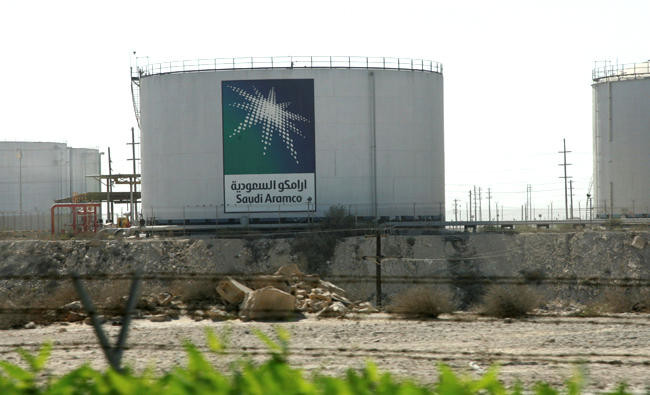DUBAI: The government of Saudi Arabia and Saudi Aramco are taking further steps toward maximizing the value of the state-owned oil giant in preparation for the sale of shares to citizens and international investors next year, according to reports.
The measures reportedly include moving some liabilities from Aramco to the government, as well as clarifying the relationship between the oil company and some of the non-oil projects it funds within the Kingdom.
According to a report by the Financial Times (FT), Aramco is looking to present potential investors with a set of “pristine” financial accounts designed to back up the official valuation of $2 trillion put on the company, the largest oil group in the world.
A spokesman for Aramco declined to comment on the report because the matters were still under consideration.
Another person familiar with the matter said that preparing detailed financial accounts was a normal part of the preparation process for an initial public offering (IPO) of shares on a stock exchange.
There has been some skepticism among international energy analysts that the $2 trillion valuation figure will be reached, but — following a change to the Kingdom’s treatment of oil company taxation earlier this year — independent valuations have been moving upward toward the target.
One factor thought to be affecting investor sentiment has been Aramco’s historic financial support of non-oil projects, ranging from hospitals to sports stadiums.
The spokesman said that such projects were “in the long-term commercial interest of Saudi Aramco and have no material impact on its result.”
In addition to the measures recently taken and the taxation change, Aramco is also believed to have commissioned a new estimate of its overall reserves, vital for deciding valuation and is working with advisers on deciding a dividend policy, which will help determine investor appetite for the shares in any IPO.
The FT, citing four people briefed on the matter, said that the moves “reflected efforts to present a streamlined set of financials to investors.”
It added that an instruction has been issued to shift historical debts from foreign governments, including Jordan and Iraq, from Aramco’s accounts on to the government’s books.
Under a separate resolution the Kingdom plans to create a mechanism — via a special tax deduction — to compensate Aramco for the financial cost of subsidizing fuels such as petrol for domestic motorists and gas for power generation, the FT added.
It also said that payments owed to Aramco by state entities, such as the national airline Saudi Arabian Airlines, which is also known as Saudia, and the domestic utility Saudi Electricity Company (SEC), will be moved to the Saudi Ministry of Finance.
Aramco is believed to be preparing historic 2015 and 2016 financial statements alongside pro-forma accounts for 2017 to investors for the first time ahead of the IPO.
The market flotation of Aramco will be by far the biggest IPO in history, with a value of $100 billion if, as has been officially suggested, 5 percent of the shares are sold on a $2 trillion valuation.
It is the centerpiece of the Vision 2030 strategy aimed at reducing the Kingdom’s dependence on oil and at transforming the national economy, and will be part of a $300 billion plan to privatize assets held by the Saudi government.
People familiar with the situation say that Aramco has been in talks with the stock exchanges in New York and London with a view to listing some of the shares on those exchanges, in addition to the Tadawul in Riyadh and possibly an Asian stock market.
• Frank Kane is an award-winning business journalist based in Dubai. He can be reached on Twitter @frankkanedubai

























